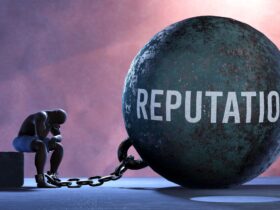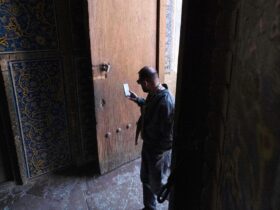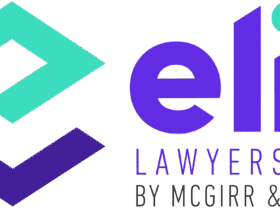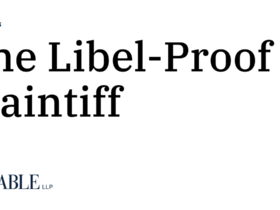Workplace investigations are part of life for many Australian businesses. Defamation of character, harassment, bullying, or workplace misconduct: whatever the issue, accurate presentation of facts is essential. But now comes the most important question: what counts as evidence, and how do you know you’re collecting it right?
Now, let’s look at how to handle evidence like a professional, be it for harassment or defamation of character in the workplace.
What Counts as Evidence?
Not all information is created equal. To count as valid evidence in a workplace investigation, it generally needs to be:
- Relevant – It must directly relate to the issue being investigated.
- Credible – It should come from a reliable source or be supported by other facts.
- Timely – The closer it is to when the alleged incident happened, the better.
- Legally obtained – Sneaky recordings or accessing private accounts without permission? That’s a no-go.
Types of acceptable evidence can include:
- Emails or text messages
- Witness statements
- Incident reports
- CCTV footage
- Social media posts (yes, really)
- Photos or recordings (only if legally obtained)
And in more modern cases, especially with defamation on the Internet, screenshots of online comments or posts can become critical pieces of evidence.
Digital Evidence: More Common Than You Think
In today’s digital world, a huge amount of workplace conflict leaves a digital footprint. Someone might have sent a rude email, shared confidential information via chat, or made inappropriate jokes in a group message.
Digital evidence has become essential. But it’s also tricky; you must make sure it hasn’t been altered or taken out of context. And when it comes to private devices or accounts, consent is key. You can’t just go digging into someone’s messages without a lawful reason.
When digital content crosses over into public platforms, like social media, it can lead to defamation on the Internet, which brings with it an extra layer of legal complexity.
The Importance of a Clear Investigation Process
Evidence only works if it’s collected and managed properly. That’s where having a structured investigation process makes a big difference. Here’s what a fair and compliant workplace investigation usually looks like:
- Initial complaint or report
- Appointing an impartial investigator
- Planning the investigation
- Gathering evidence
- Interviewing witnesses and involved parties
- Documenting findings
- Making a decision based on the facts
- Communicating the outcome and next steps
At every stage, collecting, preserving, and storing evidence properly is vital. Lost or tampered with evidence can ruin the credibility of the entire process.
This is also why some organizations choose to work with professionals like defamation lawyers services , especially when things get legally messy.
The Risks of Poor Evidence Collection
Collecting the wrong kind of evidence or doing it improperly can do more harm than good. Common mistakes include:
- Relying too heavily on hearsay or gossip
- Ignoring inconsistencies in stories
- Failing to document interviews properly
- Losing key emails or messages
- Destroying evidence, even by accident
How to Collect and Preserve Evidence in a Smart Way
If you’re managing an investigation in-house, here are some best practices:
- Act quickly: The longer you wait, the harder it is to collect solid evidence.
- Be consistent: Use the same process for each case to avoid claims of bias.
- Keep records: Maintain detailed notes of interviews, who said what, and when.
- Label and secure: Digital files, emails, or physical documents should be labeled clearly and stored securely.
- Follow the chain of custody: This means tracking who handled each piece of evidence to maintain integrity.
Even if the situation doesn’t seem serious now, good recordkeeping can protect you later if the issue escalates.
When to Bring in the Experts
There are times when it’s smart to get outside help. This is especially true if:
- The allegations are serious and could lead to termination.
- There are legal risks (e.g., discrimination or harassment)
- You’re concerned about defamation, especially online.
- The case involves a senior staff or power imbalance
An external investigator brings neutrality, professionalism, and experience; they know how to handle tricky evidence the right way. And if there’s a risk of reputational damage, legal professionals become even more valuable.
If the complaint turns into a claim, particularly one involving personal reputation or public statements, involving defamation lawyers services Perth, acting early can give you a major advantage.
Conclusion
Investigations in the workplace are uneasy, time-consuming, and stressful, but they must be done. And if done well, they make workplaces safer and more respectful. It’s the evidence that matters. Produce the right kind, handle it with care, and make decisions on it, not emotion, rumor, or guesswork. That’s how you stand up for your people and your organization.
If you’re unsure what to do or feel the situation could become serious, don’t go it alone. From office corruption to possible defamation of character at work, expert assistance can be your best friend.Because in the end, facts, not fear, should guide your decisions at work.
















Leave a Reply